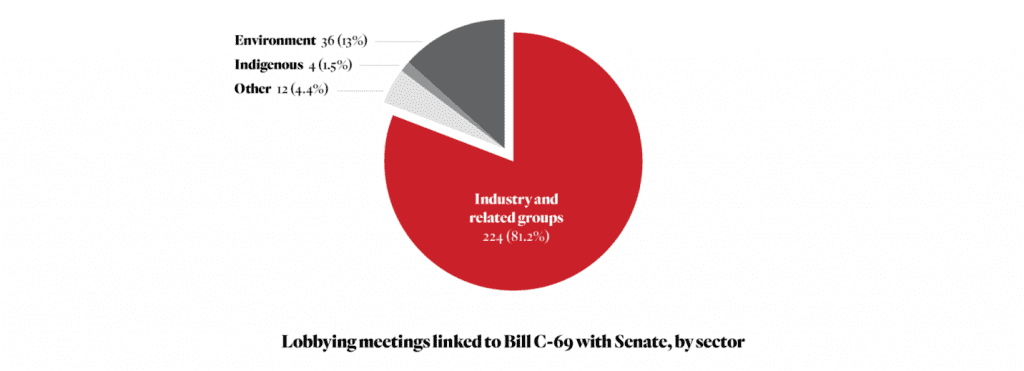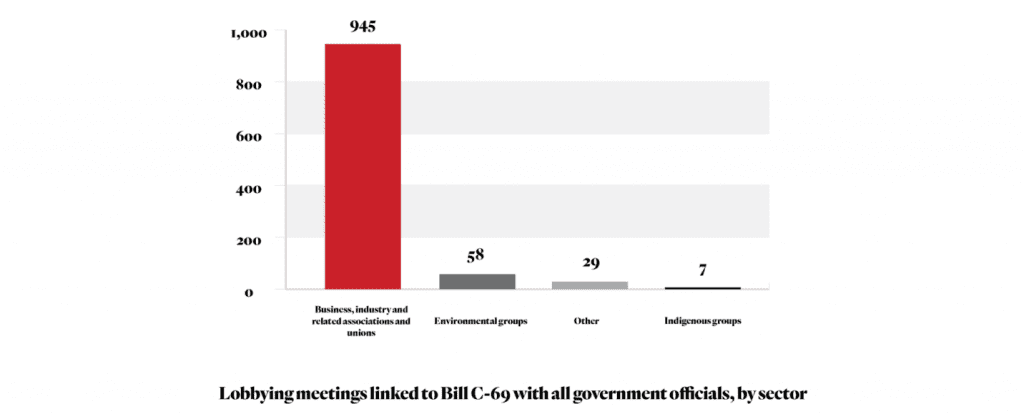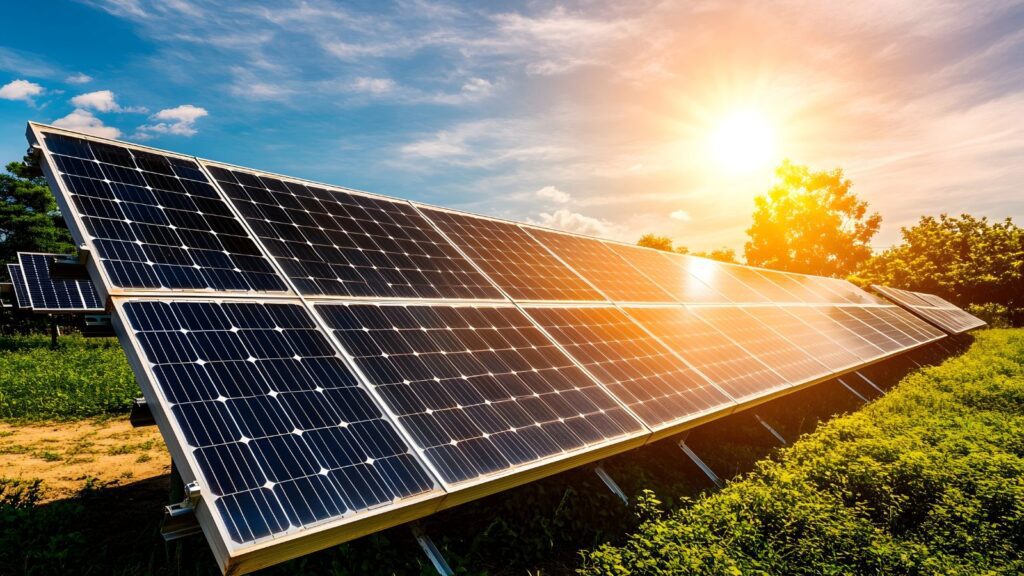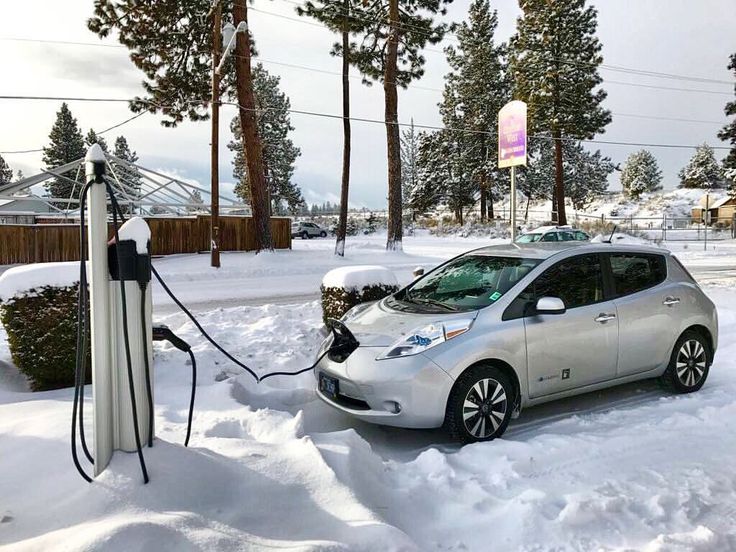With the passage of Bill C-69 last week, the federal government has fulfilled its commitment to update the broken environmental assessment regime that has been in place since 2012 and deliver a stronger, more rigorous and more democratic process for evaluating the impacts of major industrial projects.
Tireless lobbying by the oil and gas industry to gut protections ultimately failed
Bill C-69 was passed by the House of Commons in spite of tireless lobbying by the oil and gas industry and some provincial leaders, and their spread of misinformation and fear mongering. Industry and related groups – primarily the oil and gas industry – were responsible for 80 per cent of Senate lobbying on Bill C-69.
In fact, Senators met with industry 224 times, compared with just 36 meetings with environmental groups. Industry pressure seemed to have worked on the Senate – which passed Bill C-69 with over 200 sweeping amendments, many of which would have left Canada with weaker environmental assessments laws.

When you tally up the total number of meetings held by industry and associated groups registered to lobby on Bill C-69 with all government officials (including Senators, Members of Parliament, and other public offices) the number is even more staggering: 945 meetings with government officials in a 12-month period. Compare that to 58 meetings between government officials and environmental groups, or just seven with Indigenous groups. The Canadian Association of Petroleum Producers (CAPP) alone reported more than 100 meetings during this time period.

The oil and gas industry didn’t want to see pipelines and energy projects assessed on their impact on Canada’s climate targets. They wanted to maintain the status quo situation of a process set up to rubber stamp their projects.
We knew how much was at stake for Canadians – so we fought back hard. And guess what? Because of the support of people like you, we convinced the government to not bow down to the demands of Big Oil.
Bill C-69 is significant step towards better protections for Canadians and the environment
Though Bill C-69 isn’t perfect, we now have environmental assessments laws that – for the first time ever – will consider a project’s impacts on Canada’s climate targets, the social and health impacts, and the impacts on women’s rights and gender equality. (The link between resource extraction projects and violence against Indigenous women has been well documented.)
The new assessment law will also improve democratic input when governments are assessing industrial projects. It allows concerned citizens to participate – in a meaningful way – in the assessment process. And it limits the influence of industry-captured regulators, and replaces the National Energy Board with the Canadian Energy Regulator.
We didn’t get everything that we wanted, and this bill is definitely full of compromises. For example, it gives more authority to offshore petroleum boards. This places too much power in the hands of industry-friendly institutions that have already lost the trust of the public.
But the fossil fuel industry tried hard to take away all the things we cared about. In fact, they tried to kill the bill entirely. They weren’t successful – and for that, we should celebrate.
New laws will only be as effective as their implementation
However, the work doesn’t stop here. The government will soon be introducing new regulations that guide the implementation of Bill C-69 and so far we haven’t been impressed with what we’ve seen.
The list of projects that will receive a federal assessment under Bill C-69 (the ‘Project List’) is much too narrow. For years, we’ve been insisting that in order to align with Canada’s greenhouse gas emissions targets – and ensure a climate safe future for all of us – these regulations must include a greenhouse gas trigger. If a project might hinder our ability to meet our targets, it should receive a federal review.
Not only did the government ignore that advice, they have proposed allowing some of the largest carbon emitters – including fracking projects, in-situ tar sands mines and exploratory offshore oil and gas wells – to be exempt. We will continue to work hard to ensure that Canada’s laws and regulations align with what is needed to ensure a climate-safe future.
But for now, we should take a moment to celebrate.








